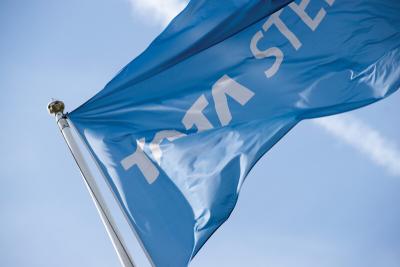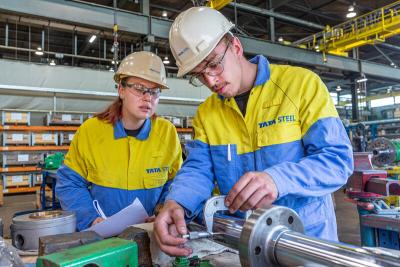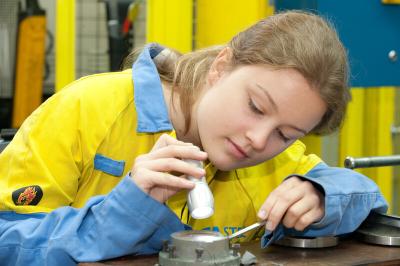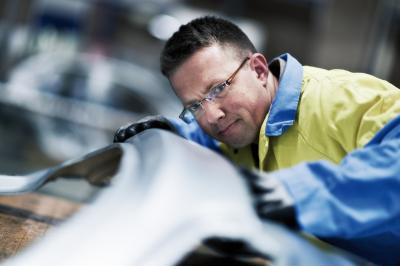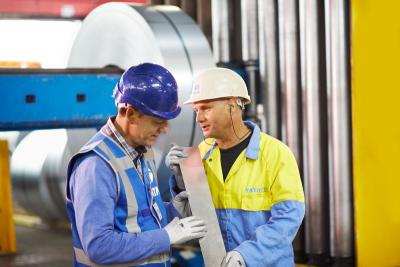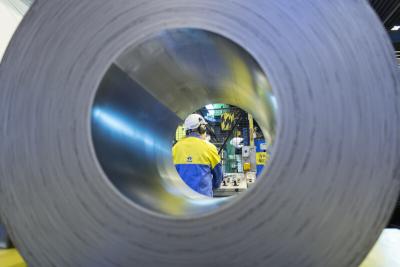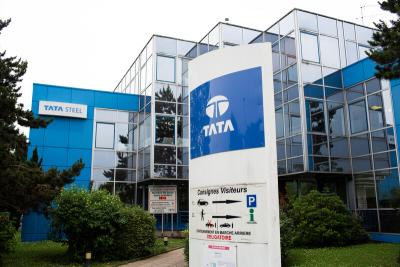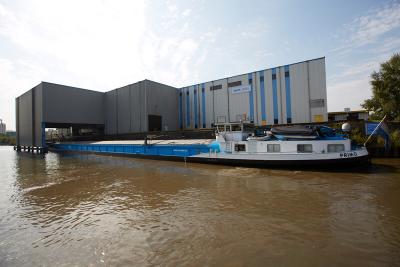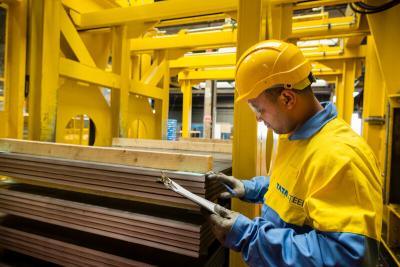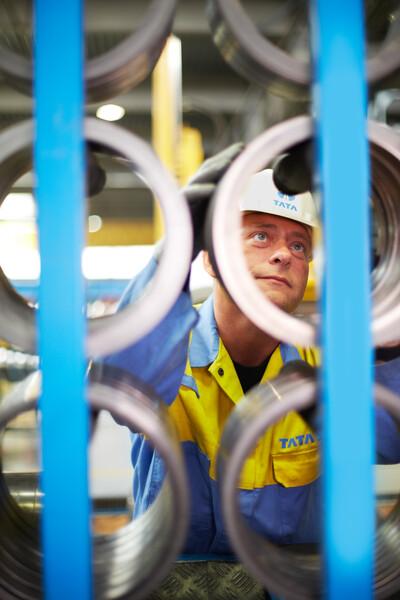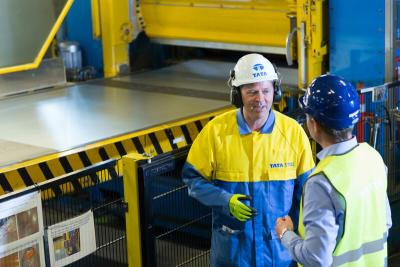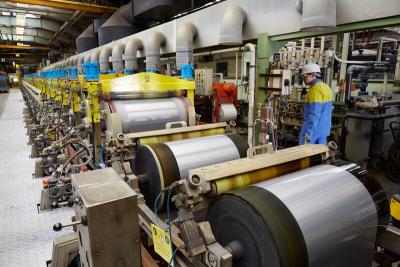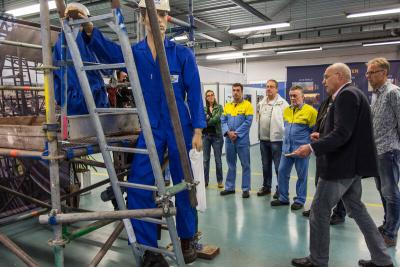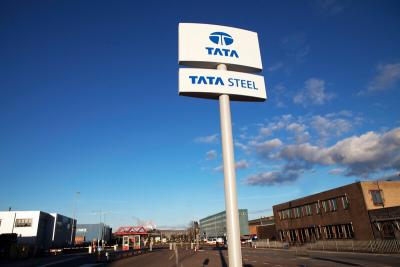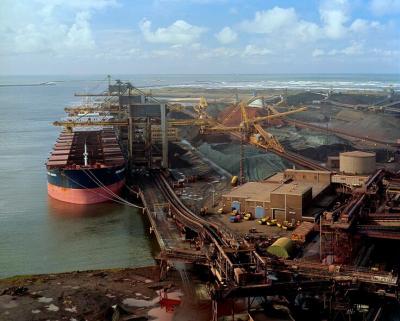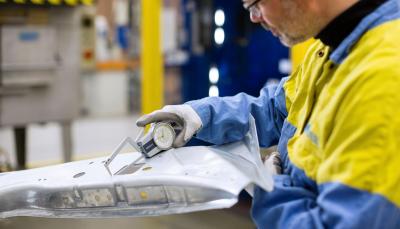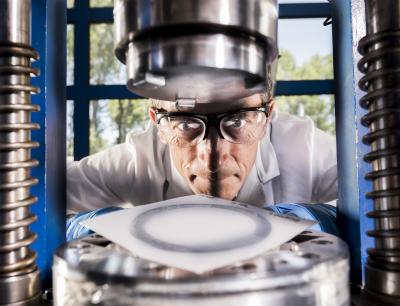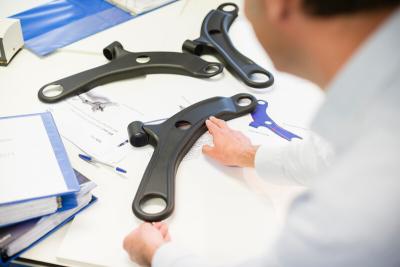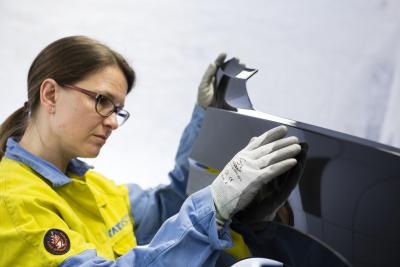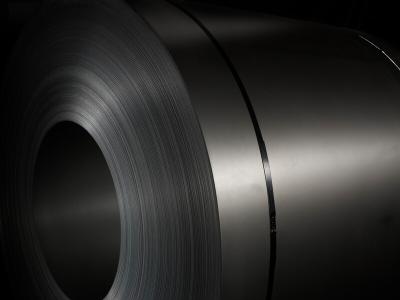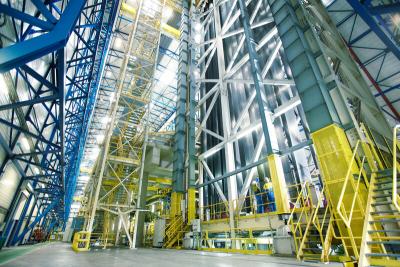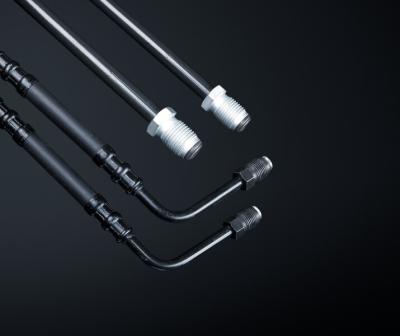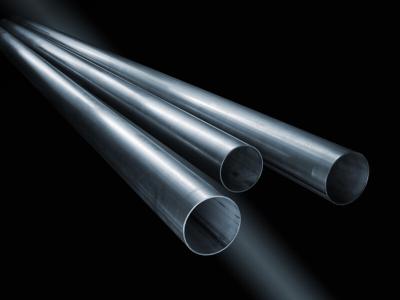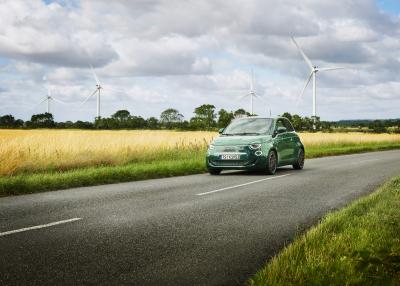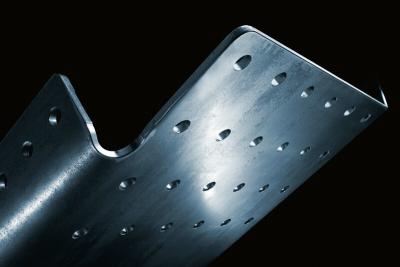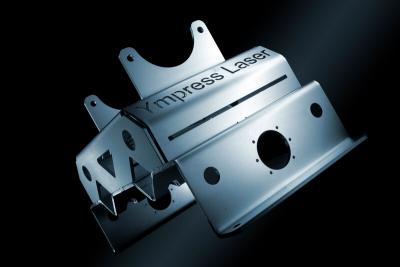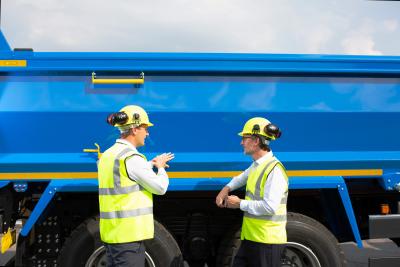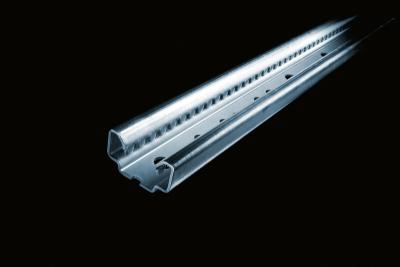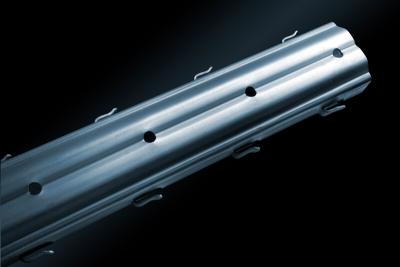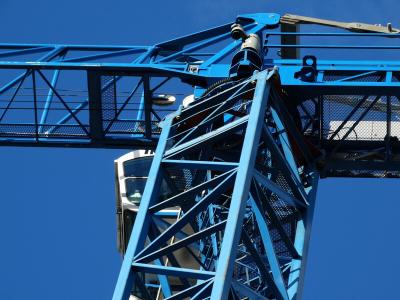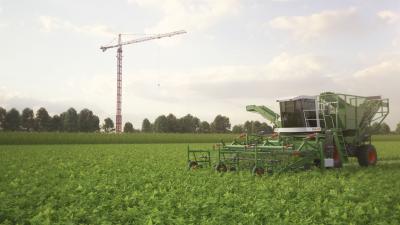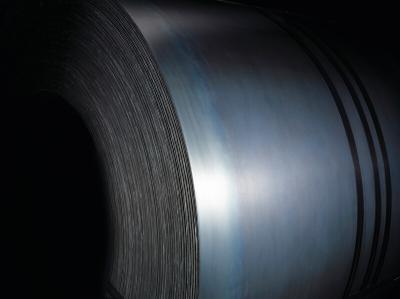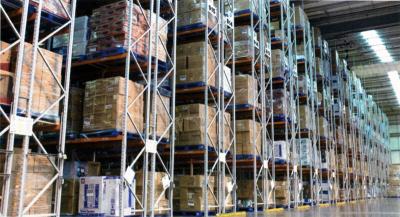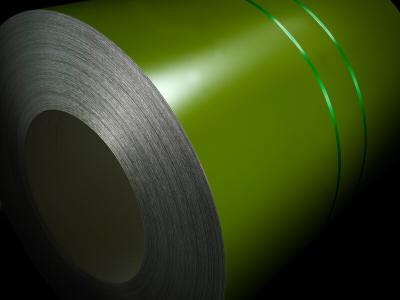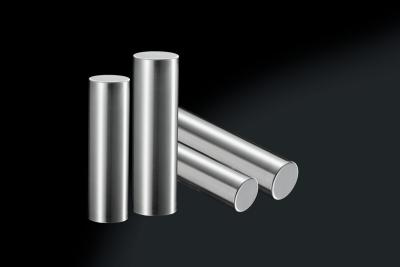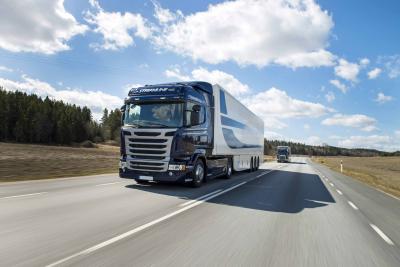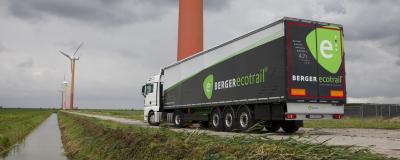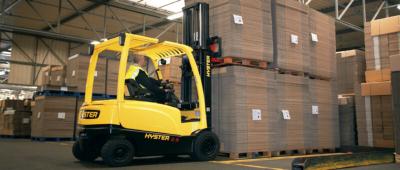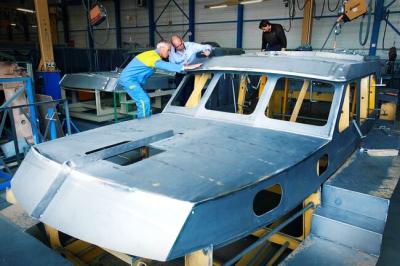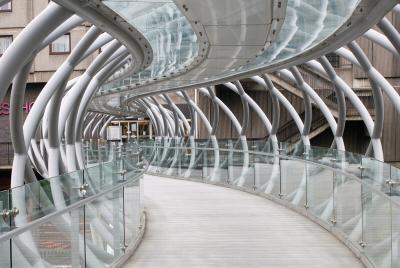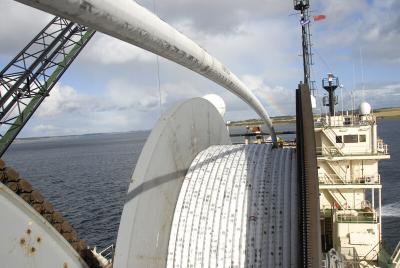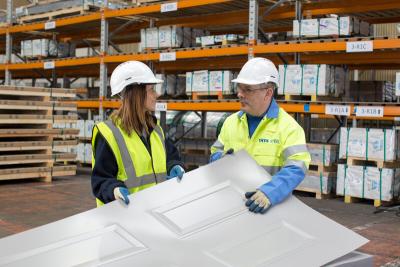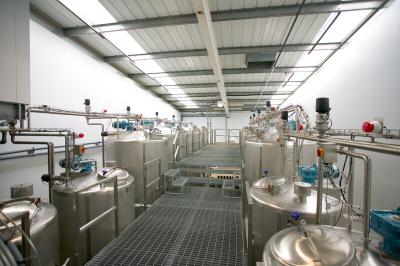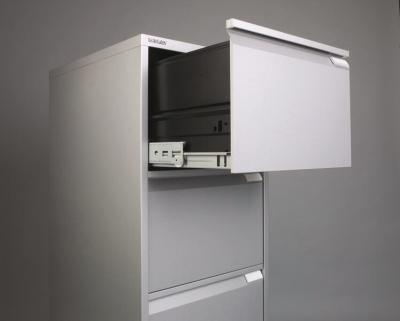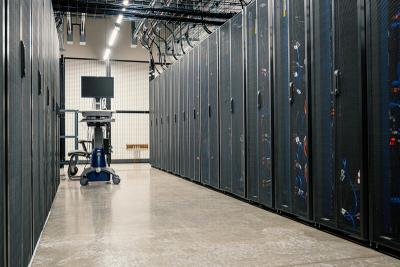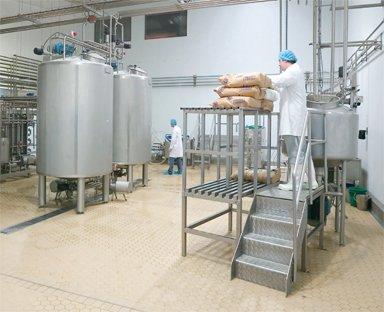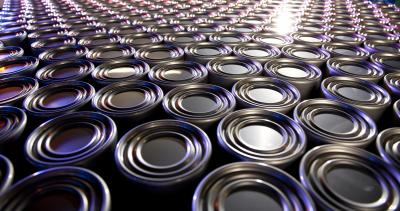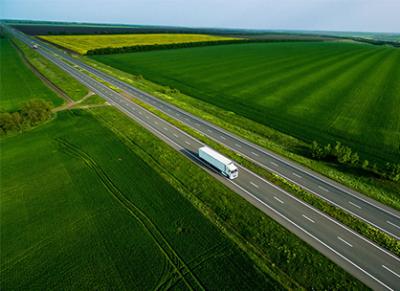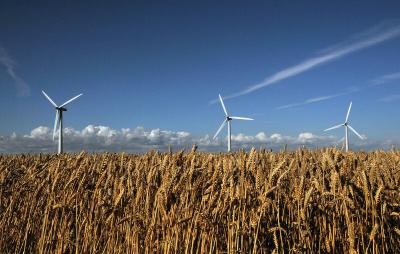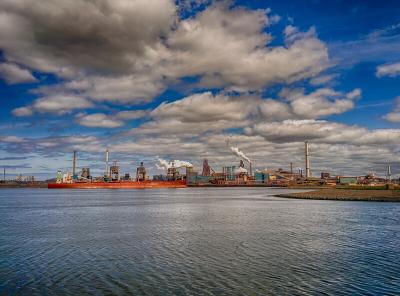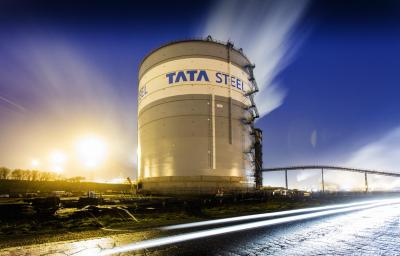To create a Net-Zero steel sector in the UK and meet Government targets, a new report from UK Steel calls for a renewed focus on establishing a positive policy environment for steelmaking.
- Government has targeted a 95% emission reduction from steelmaking by 2050, while the Climate Change Committee has recommended that emissions from ore-based steelmaking be near zero by 2035.
- New Net Zero steel production will increase electricity use, but industrial electricity prices are a key barrier, as UK steelmakers currently pay almost 60% more than their European counterparts.
- UK demand for steel is expected to grow by 2030, presenting an opportunity to reindustrialise and create green jobs.
- Any route to Net Zero steelmaking must include creating a market for Net Zero steel, ensuring that imported, high-emission steel does not undermine domestic investment.
- Globally, no steel sector has yet decarbonised – the UK can secure a tremendous first-mover advantage.
Commenting on the publication of UK Steel’s report ‘Net Zero Steel: A Vision for the Future of UK Steel Production’, UK Steel Director General, Gareth Stace said:
‘This landmark report by the steel sector, developed in collaboration with our partners in Government and the trade unions, demonstrates the scale of opportunity to seize. Delivering Net Zero in this strategic sector is a generational challenge which will need far-sighted support from Government and a positive policy environment to achieve. As we look ahead to a change in Government, it is essential that the current focus on our sector is not dropped.
No steel sector or steel company in the world has yet successfully decarbonised. There is a first-mover opportunity for the UK to become the first steel sector which delivers on Net Zero. If we accomplish this, we will transform almost 35,000 steel jobs into green jobs. These roles already underpin communities that have made steel for a century. By moving them to green jobs, we secure the future of these local economies for the long term and support high-paying jobs in areas that have historically suffered from a lack of investment. We can ensure that Teesside, Scunthorpe, and South Wales can lead the world in Net Zero steelmaking.
There is not one single technology to decarbonise, but a range, including electrified steelmaking, carbon capture and storage and hydrogen. We export much of our scrap steel only to reimport it, meaning there is fertile ground for electric arc steelmaking. Our location near the North Sea means we are perfectly placed to harness cost-effective carbon capture and storage steelmaking. In the future, hydrogen-based steelmaking may also become more attractive.
The challenges for the steel sector, therefore, are our existing high industrial electricity prices. These, which strangle investment, currently sit far higher than our European competitors. If a steel company is to invest in the costly transition to Net Zero steelmaking, we must ensure that the UK’s policy environment does not disincentivise but encourages it. Additionally, while Net Zero steel is a hugely exciting opportunity and has been welcomed across the board, currently, there does not exist a market for it, with prices being set regardless of the environmental impact. The UK Government must work to establish a market for Net Zero steel, supporting the emerging products and ensuring that UK steelmakers can compete in the short as well as the long term. Finally, there is a stark choice on carbon leakage. Some argue that to bring down our emissions, we simply import our steel. Such a choice would be devastating to steelmaking communities and do nothing to bring down global carbon emissions. We cannot offshore our emissions and hope that others will do the decarbonisation. We must have a steel sector that is prosperous, decarbonised, and domestic.
Our report sets out how we want to work with Government in a partnership to deliver a steel sector fit not just for today, but for the future. The current administration is making real, tangible progress on this. The next Prime Minister should accelerate the progress already made to deliver on its Net Zero goals, for sectors like steel. The future of the steel industry in the UK depends on it.’
Click here to download the UK Steel Net Zero report.
-ends-
About Tata Steel UK
Tata Steel is the largest steelmaker in the UK with primary steelmaking at Port Talbot in South Wales supporting manufacturing and distribution operations at sites across Wales, England and Northern Ireland as well as Norway and Sweden.
Tata Steel employs more than 8,000 people and has an annual crude steel capacity of 5 million tonnes. The company supplies high-quality steel products to demanding markets, including construction and infrastructure, automotive, packaging and engineering.
Tata Steel in the UK has the ambition to produce net-zero steel by 2050 at the latest and to have reduced 30% of CO2 emissions by 2030.
The Tata Steel group is among the top global steel companies with an annual crude steel capacity of 34 million tonnes. It is one of the world's most geographically diversified steel producers, with operations and a commercial presence across the world.
The group recorded a consolidated turnover of US $32.83 Bn in the financial year ending March 31, 2022.
About UK Steel: UK Steel is the trade association for the UK steel industry. It represents all the country’s steelmakers and most of downstream steel processors.
Potential opportunities for UK steelmakers:
- UK demand for finished steel expected to grow from 9.4Mt in 2015 to 11.0Mt in 2030.
- This represents a 6.8Mt/£3.8bn a year opportunity for the UK’s steel industry.
UK steel in numbers:
- Produces 7.2Mt of crude steel a year, around 70% of the UK’s annual requirement (annual demand of 10.5Mt)
- Employs 34,500 people directly in the UK and supports a further 43,000 in supply chains
- The median steel sector salary is £37,629, 45% higher than the UK national median and 59% higher than the regional median in Wales, and Yorkshire & Humberside, where its jobs are concentrated
- Makes a £2.4 billion direct contribution to UK GDP and supports a further £3.1 billion
- Makes a £2.4 billion direct contribution to the UK’s balance of trade
- 96% of steel used in construction and infrastructure in the UK is recovered and recycled to be used again and again
Follow us



